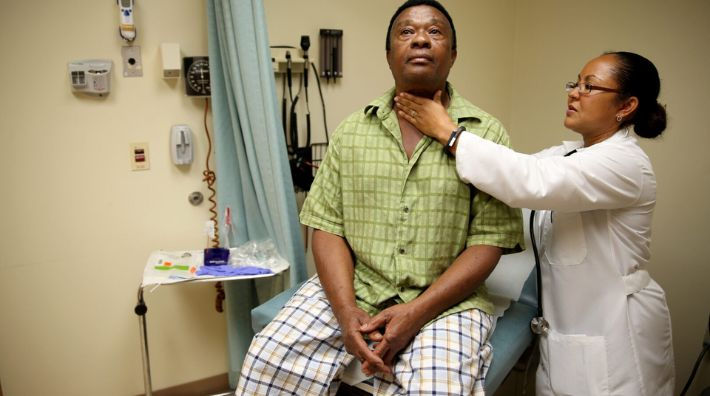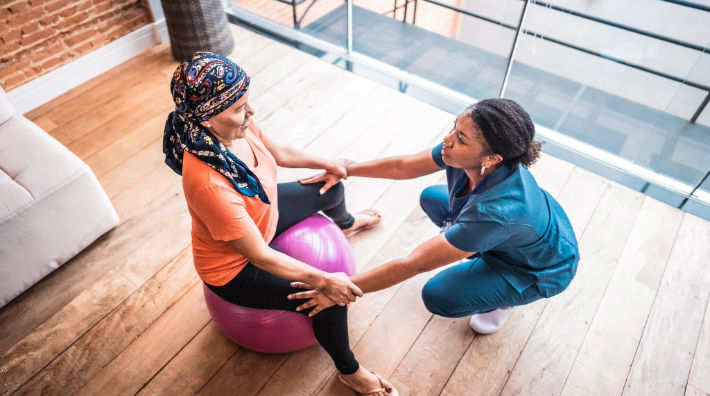Cancer Connections
Cancer News, Stories, and Conversations
Our team of experts brings you cancer-related news, features, and survivor stories.
Does Having Arthritis Increase Cancer Risk?
Published on: July 10, 2025
Certain arthritis types have been linked to increased cancer risk. Find out more and learn ways to help reduce your cancer risk if you have arthritis.
After Leading a Screening Awareness Campaign, Colonoscopy Becomes Personal
Published on: July 3, 2025
Professionally, Andy Whitehouse worked on a campaign for colon cancer prevention. But a friend had to remind him repeatedly to get his own screening.
Men’s Health Month: Prostate Cancer Q&A with Dr. Dahut
Published on: June 30, 2025
Dr. William Dahut, the American Cancer Society’s chief scientific officer, discusses prostate cancer.
Are Fireworks Bad for Your Health?
Published on: June 27, 2025
Using or watching fireworks can lead to health issues like lung irritation and hearing damage. Find out how to lower the health risks from fireworks.
From Loss to Legacy: A Mission to Close Healthcare Gaps for the LGBTQIA+ Community
Published on: June 26, 2025
From surviving HIV and three cancer diagnoses to becoming an advocate, Steve Drayton’s journey is a testament to resilience, love, and a lifelong mission to close healthcare gaps for the LGBTQIA+ community.
Can You Go on Vacation During Cancer Treatment?
Published on: June 24, 2025
People traveling during cancer treatment should plan ahead to stay as safe as possible during trips. Get tips on what to ask your doctor before you go.
How Pelvic Floor Therapy Can Help During Cancer
Published on: June 17, 2025
Pelvic floor therapy can help strengthen muscles that may be affected by some cancers or cancer treatments. Find out more about pelvic floor therapy.
Three-time Cancer Survivor on a Mission to Uplift Others
Published on: June 16, 2025
Carol Johnson-Cromer, a three-time breast cancer survivor, is a force of nature, radiating energy, resilience, and an unwavering commitment to lifting up others. She was first diagnosed in 2000 at age 38 and faced breast cancer again in 2019 and 2023.










